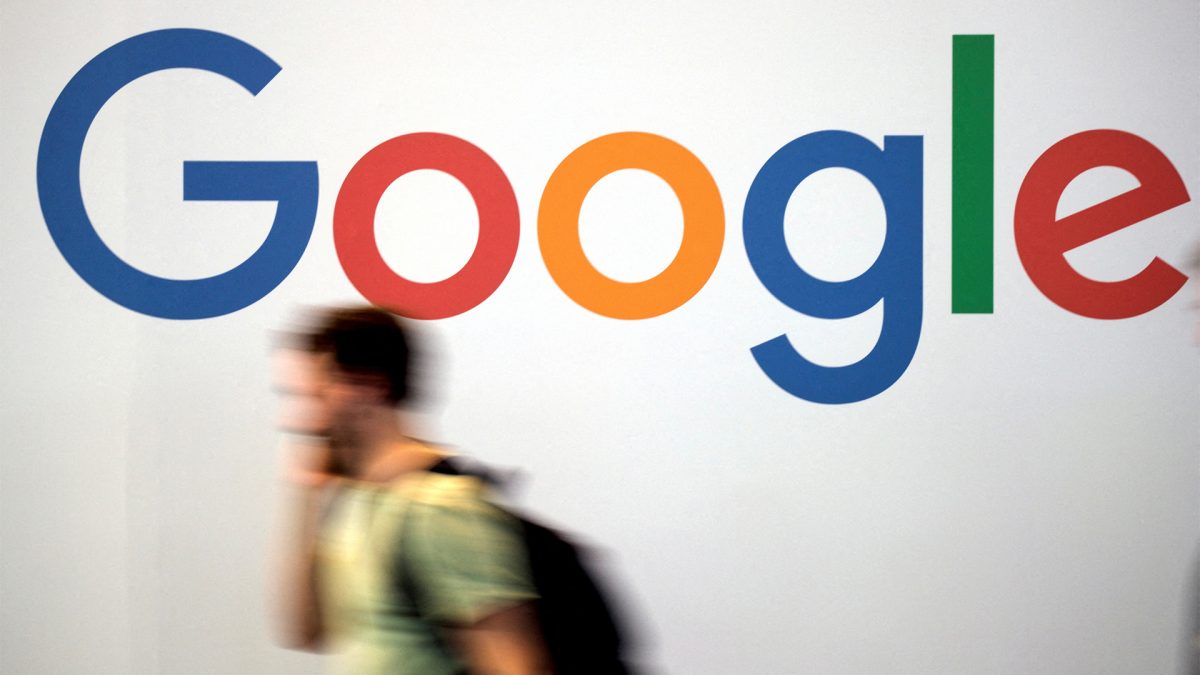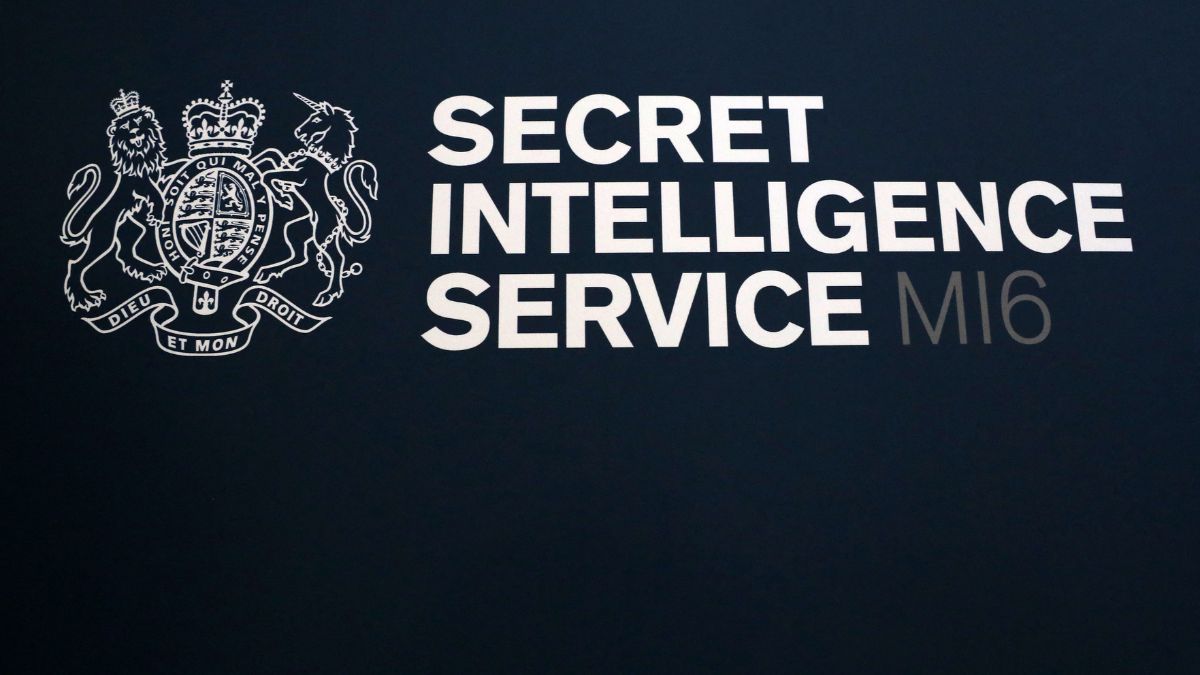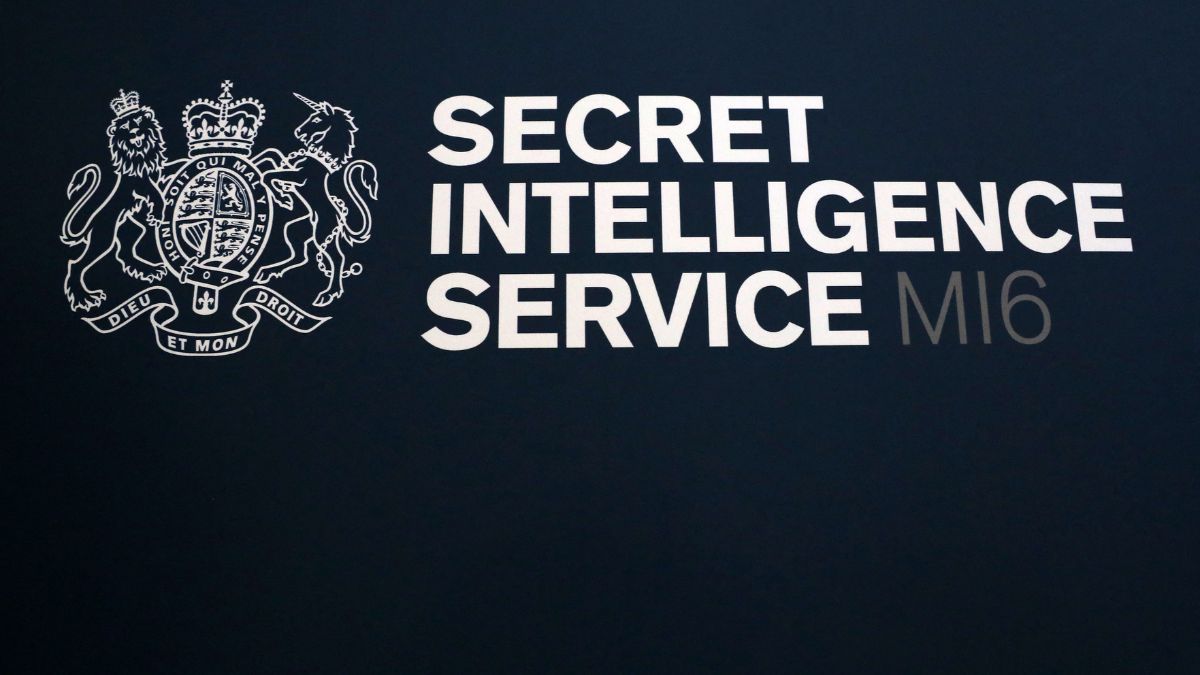Renowned economist and Professor Emeritus at New York University, Nouriel Roubini, issued a stark reminder that financial markets—not policymakers—will have the final say on economic decisions, especially in the United States. Speaking at the Raisina Dialogue 2025 during a session titled When Economics is Political, Roubini highlighted the role of “bond vigilantes” as an independent force that could discipline reckless fiscal policy.
“Market discipline—bond and stock market vigilantes will react negatively to policies that increase inflation, trade restrictions, or deficit spending. Rising bond yields could crowd out economic activity, weaken the stock market and even trigger a recession—something Trump does not want,” Roubini warned, addressing concerns about potential economic turbulence under the second Trump administration.
He elaborated that while President Donald Trump might control the legislature, judiciary and even sections of social media, market forces remained beyond his influence. “While he may control Congress, his party, the Supreme Court, and even social media (via Elon Musk’s X), he cannot control market forces,” he said, emphasising the power financial markets wield over policymaking.
Hyper-globalisation’s backlash and the rise of protectionism
Roubini framed today’s economic policy shifts within a broader historical trajectory, pointing to three waves of backlash against hyper-globalisation. “Thirty years ago, we transitioned from a world with less globalisation to one of hyper-globalisation, characterised by massive trading of goods and services, movement of capital, labour, data, technology and information. But there were winners and losers, particularly in advanced economies,” he noted.
He explained that the first backlash stemmed from job losses in manufacturing sectors, the second arose from financial crises—including the Global Financial Crisis (GFC) of 2008—and the third was driven by geopolitical tensions, notably the US-China rivalry. This has resulted in economic trends such as “deglobalisation, decoupling, reshoring and friend-shoring” as nations prioritise economic security.
Trump’s economic policies: Boon or bane?
Assessing the return of Trump to the White House, Roubini provided a nuanced take on the economic impact. He argued that while some of Trump’s policies could promote growth and lower inflation, others could have the opposite effect. “The real question is the balance between the two,” he said, rejecting a simplistic view of the president’s economic strategy.
On the positive side, Roubini acknowledged Trump’s pro-business stance, including making the 2017 tax cuts permanent, deregulating industries and improving the efficiency of the public sector. “If they can be financed, lower taxes on labuor income and corporations are beneficial,” he said.
However, Roubini cautioned that Trump’s protectionist instincts—such as tariffs and trade wars—could have damaging consequences. “Potential risks include tariffs, trade wars, protectionism and restrictions on migration, which could reduce the supply of skilled labor,” he noted. Large budget deficits and possible interference with the Federal Reserve could further erode confidence.
Despite these risks, Roubini argued that market forces and institutional checks would likely constrain Trump’s worst impulses. “The Federal Reserve’s independence serves as a check. If inflation rises, the Fed may hike interest rates, further constraining expansionary policies,” he explained, while also citing pro-market economic advisors who could temper Trump’s decision-making.
Technology as the next battlefield: US vs China
When questioned about the role of technology in shaping the future of global economic power, Roubini placed it at the heart of geopolitical competition. “Technology is now becoming intermeshed with geopolitics. Whether you like it or not, whoever dominates the technology of the future will hold significant power,” he said.
Roubini recognised China’s significant advancements in technology but stressed that the US remained the global leader. “The US leads in nearly all major future technologies—not just AI and machine learning, but also robotics, automation, biomedical research, quantum computing, fusion energy, green tech, agri-tech, fintech, new materials science and space exploration,” he said.
Comparing China’s growth trajectory to the US, Roubini predicted that China’s economic expansion would slow significantly due to demographic challenges, excessive state control and trade restrictions. “China’s growth has already declined from 10 per cent to 7 per cent, then to 5 per cent, and by the end of the decade, it is likely to be at 3 per cent—or even lower,” he projected.
He also highlighted the risks of China’s overproduction of high-tech goods. “If China increases the production of electric vehicles, autonomous technologies, green tech and semiconductors without sufficient domestic demand, it will resort to dumping these products in global markets. That is not acceptable—not only to the US and Europe but also to countries like India, South Africa and Brazil,” he warned.
Global economic outlook: An era of exponential growth?
Despite the challenges posed by trade wars and protectionist policies, Roubini remained optimistic about the future of economic growth, particularly in the US. He argued that technological advancements could drive an economic boom akin to past industrial revolutions. “We could be entering an era of exponential technological growth, meaning GDP could reach 4 per cent by the decade’s end and 6 per cent in the next,” he predicted.
He concluded that while economic policy decisions remain highly political, technology will be the ultimate determinant of growth.
“Ultimately, the US will remain the world’s technological powerhouse. For that reason, I remain reasonably optimistic about the economic outlook,” he affirmed.
Conclusion: A delicate balancing act
Roubini’s insights at the Raisina Dialogue 2025 painted a complex picture of the global economy, where economic policy, geopolitics and market forces are inextricably linked. His emphasis on bond vigilantes as a counterweight to reckless policymaking shows the delicate balancing act facing leaders. Whether the US under a potential second Trump administration can harness its technological strengths while mitigating economic risks remains a question that markets—and history—will ultimately answer.


)
)
)
)
)
)
)
)
)



